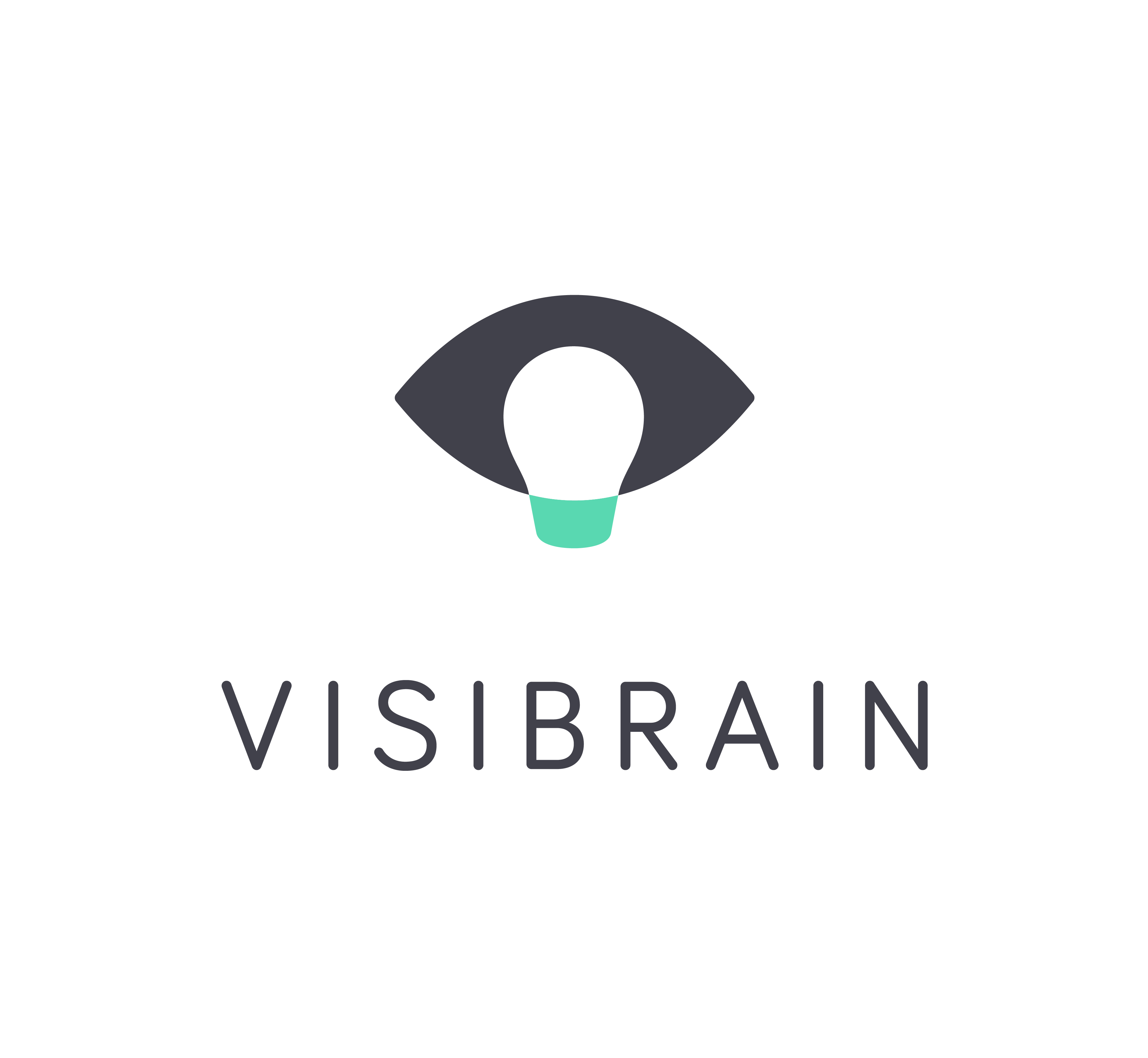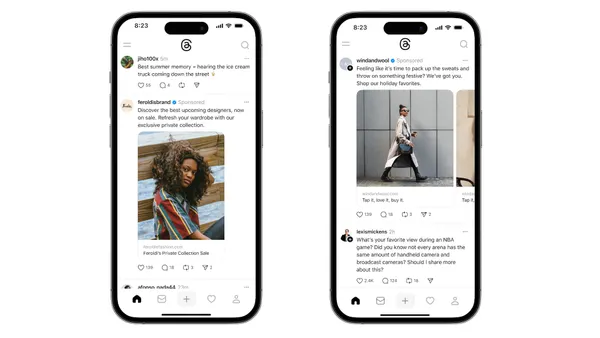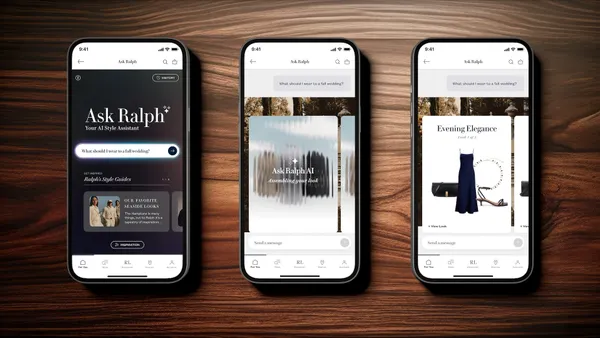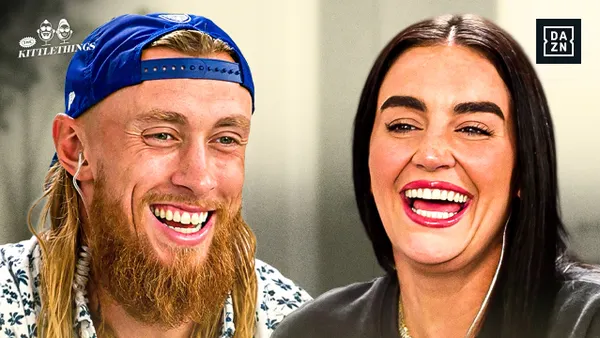Brief:
- PopSockets, the maker of mobile accessories such as collapsible smartphone stands, boosted ad recall to 56% above a benchmark with a campaign using Facebook Playable Ads. The Swappable PopGrips campaign challenged players to test their skills at a match game that highlighted finding the brand's Swappable Tops patterns, per a case study shared with Mobile Marketer.
- The campaign resulted in an average of 5.3 interactions per unique user with the playable ad, while players spent an average of four-and-a-half minutes playing the game, which was eight times as long as typical playable ads. In addition, 24% of players completed the game.
- Digital branding platform Undertone developed the playable ad for PopSockets, which sought to reach millennials and Generation Z users of Facebook.
Insight:
PopSockets' campaign shows the power of playable ads to engage with mobile users as they look through their news feeds on Facebook. The match game highlighted the product while prolonging brand exposure, which is a major challenge as Facebook users quickly swipe through their news feeds and only glimpse at many ads for a fraction of a second.
Mobile gamers are more receptive to advertising, with 53% of gamers saying ads helped them get updates about products they want, compared to 42% of non-gamers, per researcher Newzoo. Almost half (43%) of gamers said they're more likely to buy or use brands that have ads they like, compared to 32% for non-gamers, and half of mobile users said they opened a mobile game in the prior week. That appetite for gaming means that playable ads have a receptive audience on social media.
Facebook has gradually expanded playable ads to more advertisers in the past couple of years. Last year, the social network added playable ads for game developers that advertise in its news feed. The playable ads let gamers experiment with a game before downloading them from an app store. Game developer Bagelcode tested playable ads and saw a 3.2 times improvement in return on ad spend (ROAS) on Android and a 1.4 times improvement in ROAS on iOS, while game developer Rovio saw a 40% lower cost-per-paying-user and a 70% lift in ROAS after one week, Facebook said.












